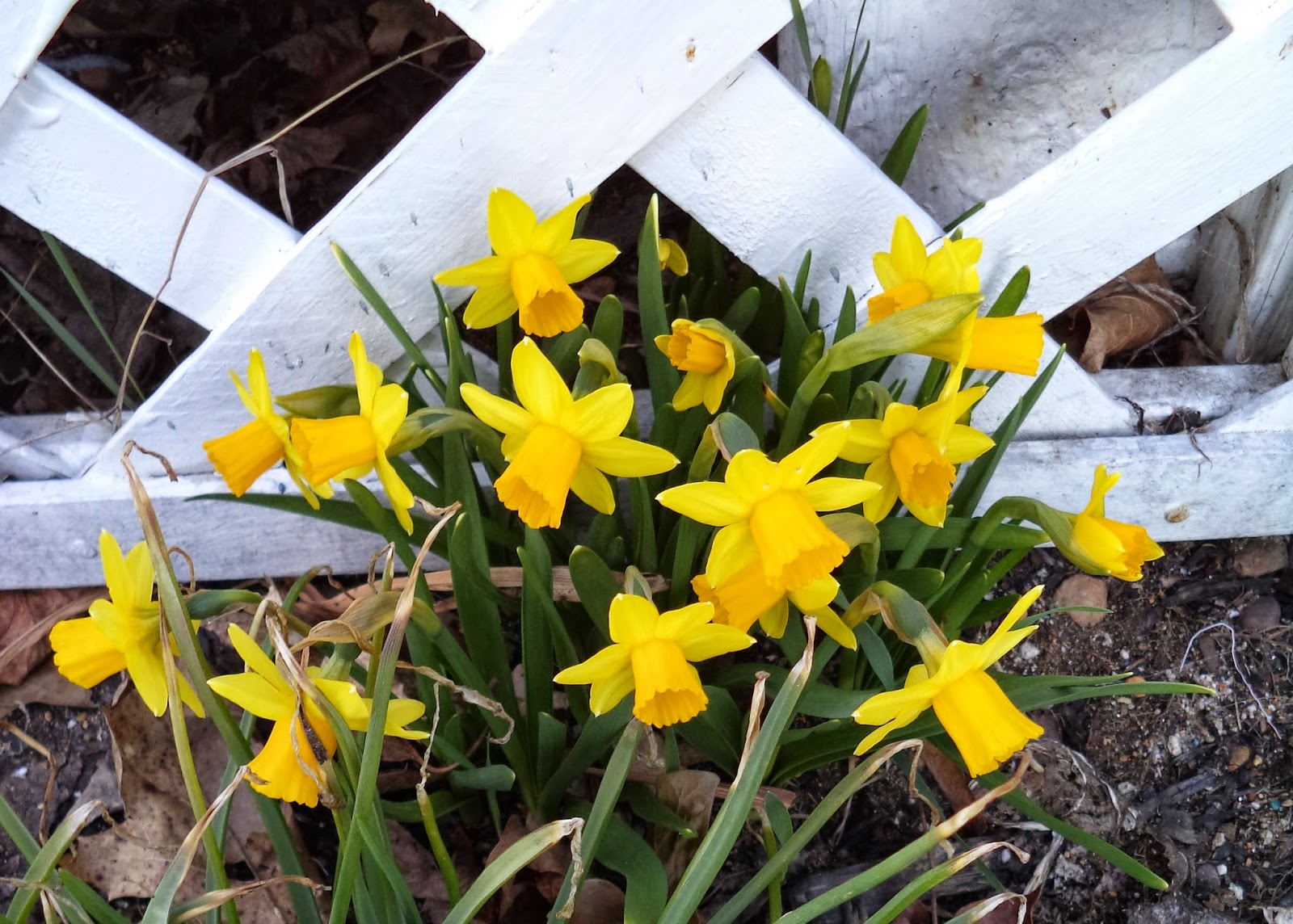As Americans we are spending less of our disposable income on food then ever in recent history. A Pew study published earlier this year found that from 1970 to 2009 the percent of disposable income spent on food has gone down from roughly 25% to less than 10%. During the same time period caloric intake on average increased by almost 22%! There have been a lot of studies about how all these cheap calories are affecting obesity rates and the health impacts of this increased rate of obesity on Americans. The impact of increased rates of heart disease, cancer, diabetes depression, and other health and social impacts upon our society are serious, but only the tip of the iceberg when it comes to the high price of cheap food. We have to look into the grain fields in our heartland and the produce farms and orchards of the west coast and beyond our borders to begin to get a picture of the greater price of our cheap food. There are ecological, political and human social impacts of our industrial food system that spread across the globe.
Here are some statistics that start to paint a picture of food prices as percent of income throughout the world. According to an article published by Tree Hugger Americans spend approximately 5.5% of disposable income on food at home while folks in Germany, France and Italy spend 11.4%, 13% and 14% respectively. When we look into the developing world the numbers are even more staggering. Beginning with South Africa at 20.1% and increasing through Mexico (24.1%), Turkey (24.5%) Kenya (45.9%) and Pakistan at (45.6%). This opens up questions about economic and resource exploitation of the developing world by the first world. Many people throughout the world live in areas where more diverse crops can be produced, but over the last 75 to 100 years as the prevalence of large agribusinesses has grown, the habit of growing more diverse crops has given way to monocultures that harm both the environment and the local economy as well as the farmers who depend upon food production for their livelihood.
We have been hearing more and more about the dismal conditions of agricultural workers and farmers throughout the developing world. These workers are being treated very much like indentured servants and in some cases little better than slaves. Farmers in many developing countries have been driven out of business by competition from cheap food imported from the first world as well as by the demanding aesthetic standards of American produce buyers. Further the economic policies followed by many seed producers further victimize the small farm holders in these developing countries. Many have heard that farmers account for 11.2% of suicides in India. Some of the reasons cited for these suicides include stresses from, high operating costs, farm indebtedness, crop failure and pesticide use, among others. What we haven't been hearing about is that these statistics are similar to those for farmers in other parts of the world. Environmental degradation of farm land is further exacerbating the plight of farmers around the world.
That's a lot of statistics and gloom and doom. So what is the point of all of this and what can we do to change the situation? So many times we feel hopeless and feel that as individuals, there is really very little that we can do to have an impact on these dire trends. The fact is that is the farthest thing from the truth. It is only we, as individuals that CAN have a true impact. But we all have to make the commitment to make a personal change. And what is that change? As with any situation, we can vote with our wallets and pocketbooks. Fresh, local, organic produce is the healthiest produce you can eat. It is also the most economically and environmentally sustainable; because it keeps dollars in the local economy and reduces the amount of green-house gasses used in the production, storage, distribution and sale of factory farmed produce. And this is only scratching the surface of the environmental impacts of factory farming that can be mitigated by dedicating ourselves to purchasing our produce from our local organic farmers. The same principle applies to our meat, dairy and grain products. So please do your part and support your local organic farmer.







.JPG)






















